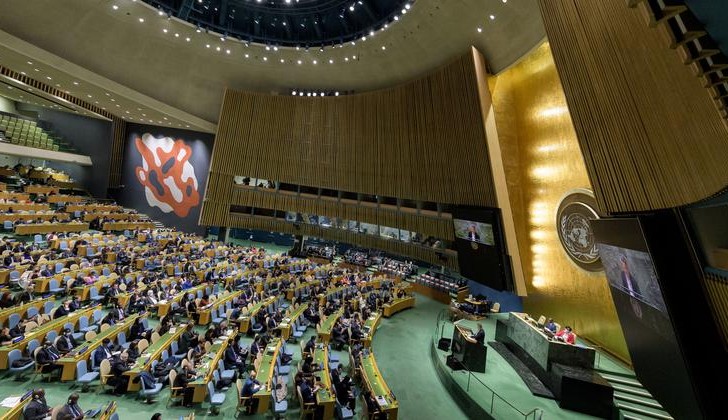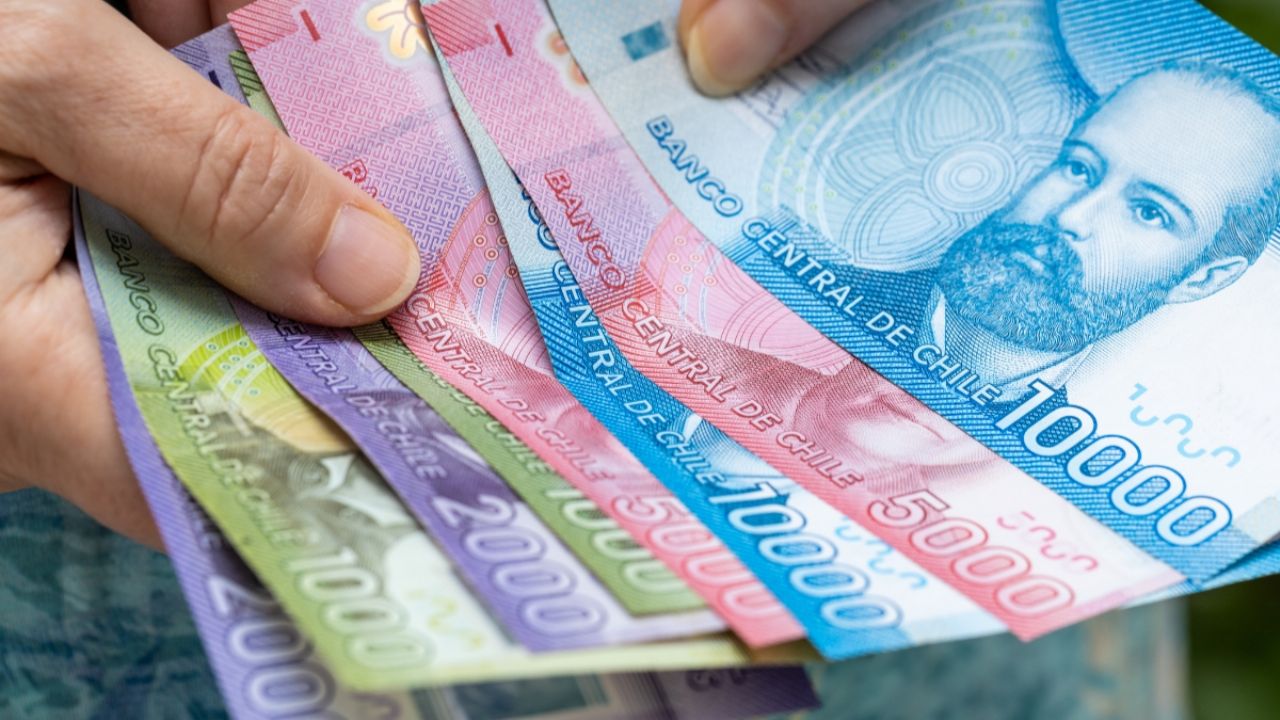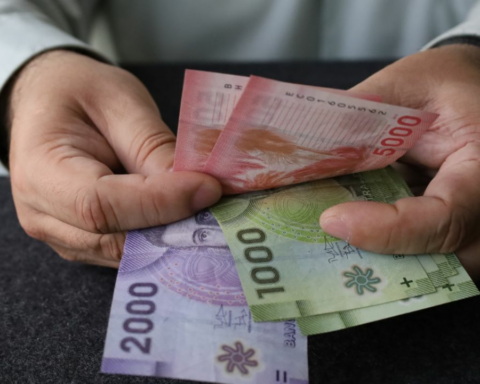Since the end of March and after years of investigation, after The counter publish the already known salmon leaks, the Prosecutor’s Office formalized five senior ex-executives of the Nova Austral salmon company, for the environmental crime of water pollution and subsidy fraud under the Navarino Law. This, after concluding that they had direct participation in the falsification of fish mortality data, as well as on planting and harvesting with the consequent deterioration of the seabed, from 2016 to 2019.
As a result of the benefits granted by this law and about its peculiar role in the expansion of the salmon industry, the Terram Foundation prepared a minute in which it was possible to identify that, between 1989 and 2020, the Navarino Law delivered $299,343 million in subsidies to 207 companies of various kinds. Of that amount, $131,564 million were allocated to Nova Austral SA, which translates into 44% of the total subsidized in that period.
The minutes confirm that those amounts received by the Nova Austral company between 2017 and 2018, through the Navarino Law, are equivalent to 38% and 34%, respectively, of the annual budget of the Regional Government of Magallanes.
After the Beagle conflict in 1978, as a result of the dispute between Chile and Argentina over the sovereignty of the channel and the Picton, Nueva and Lennox islands, our country, within the framework of the military dictatorship, decided to promote the settlement of a part of the territory of the Magallanes Region with a geopolitical interest.
For this reason, in 1985, Law No. 18,392, known as the Navarino Law, was enacted, which establishes a customs and tax exception regime for that portion of the territory between the island of Tierra del Fuego, Cabo de Hornos and a sector of the southern coast of the Strait of Magellan, to benefit certain industries that, when installed, would favor the settlement of said portion of the territory.
Fundación Terram’s lawyer and one of the authors of the minutes, Christian Paredes, points out that “it is worth asking whether the justification and objective of promotion pursued at the time of its promulgation associated with the settlement of that area, subsists until today to sustain the validity of this legislation.
In the document, certain recommendations are established that raise the need to reconcile the requirements to obtain these benefits, “demanding the environmental impact assessment of certain beneficiary activities, or the definitive loss of the bonus due to environmental sanctions or the sentence to repair the environmental damage”.
In addition, it is proposed to include “include another class of activities beyond the five currently contemplated, such as environmental education and conservation, as well as evaluate the possibility of excluding others, such as mining and certain types of industrial activities, in attention to the degree industry consolidation and sales volume by sector”, as is the case with the salmon industry.








